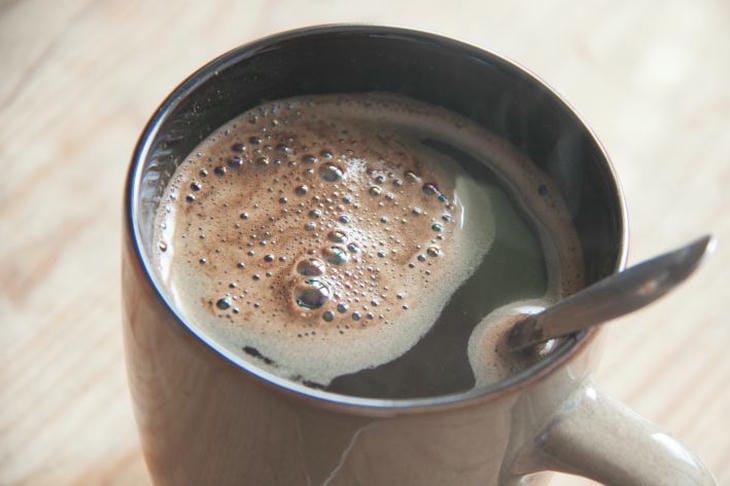How Often Can You Drink Coffee Without Harming Your Health: Expert Advice for True Connoisseurs of the Invigorating Drink
Aromatic coffee has long become an integral part of modern life.
Many people start their day with a cup of invigorating drink, but the question of the safe norm of its consumption remains relevant for those who care about their health.
A scientific view of the consumption rate
Nutritionists define a safe dose of caffeine as 400 mg per day for the average adult. This amount corresponds to 4-5 cups of classic Americano or 2-3 servings of espresso.
Individual characteristics and contraindications
Each organism reacts to caffeine differently. Factors that influence susceptibility to caffeine include age, weight, health condition and genetic features. People with high blood pressure, cardiovascular diseases or sleep problems are advised to significantly limit their coffee consumption.
Optimal time for consumption
The best time to drink coffee is between 10:00 and 12:00, when the level of cortisol in the body begins to decrease. It is recommended to drink the last cup no later than 14:00, so as not to disrupt the natural sleep cycle.

Signs of exceeding the norm
Excessive coffee consumption may cause anxiety, increased heart rate, insomnia, headaches, or hand tremors. It is important to listen to your body's signals and reduce the dosage promptly if unpleasant symptoms appear.
Safe Consumption Rules
The main rule for safe coffee consumption is moderation. It is recommended to take breaks of at least 2-3 hours between cups. It is better to drink the drink after a meal, with a glass of water to reduce the load on the stomach.
Alternative options
Coffee lovers looking to reduce their caffeine intake may want to consider decaffeinated drinks or herbal alternatives. Chicory, barley coffee, or green tea can all be great afternoon coffee substitutes.
Impact on different groups of people
Pregnant women are advised to limit their coffee consumption to 200 mg of caffeine per day. Teenagers should be especially careful with caffeinated drinks, as their bodies are more sensitive to the stimulating effects of caffeine.
